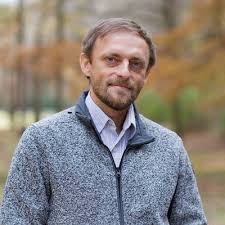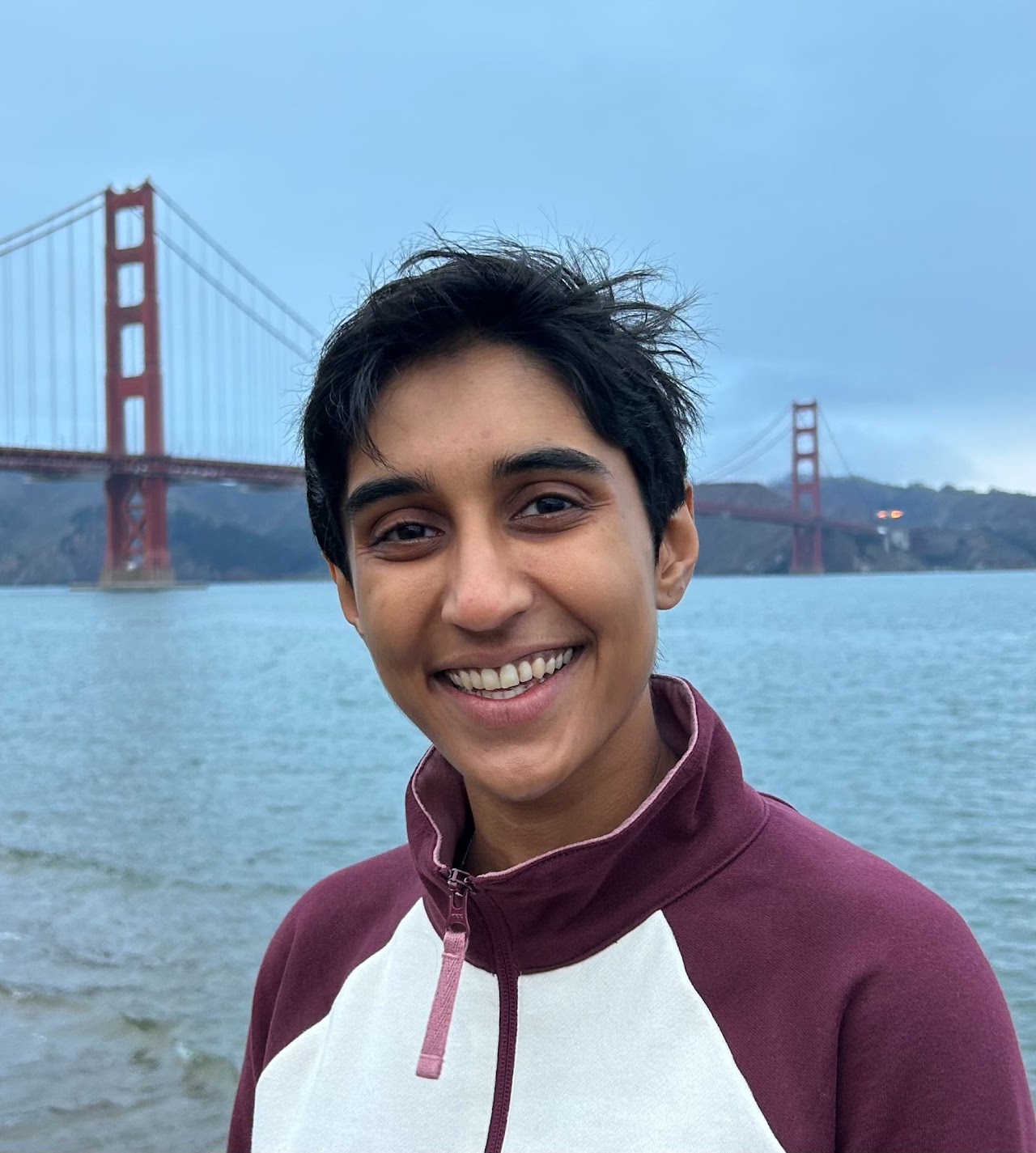About The Event
This is the third installment of the meeting in Groups, Logic and Dynamics. We will be meeting in New Brunswick at the beginning of the spring season.
Limited funding for junior and local participants are available. Please contact the organizers to apply and check availability.
Where
Rutgers University, New Brunswick.
When
Saturday
April 12
Schedule

Denis Osin
Classifying group actions on hyperbolic spaces
Abstract
For a given group \(G\), it is natural to ask whether one can classify all isometric \(G\)-actions on Gromov hyperbolic spaces. Of particular interest are actions of general type, i.e., non-elementary actions without fixed points at infinity. I will discuss a formalization of this problem in the framework of descriptive set theory proposed in my joint work with K. Oyakawa. Our main result is the following dichotomy: for every countable group \(G\), either all general type actions of \(G\) on hyperbolic spaces can be classified by an explicit invariant ranging in \(\mathbb{RP}^\infty\) or they are unclassifiable in a very strong sense. In terms of Borel complexity theory, we show that the equivalence relation associated with the classification problem is either smooth or \(K_\sigma\) complete. Special linear groups \(SL_2(F)\), where \(F\) is a countable field of characteristic \(0\), satisfy the former alternative, while non-elementary hyperbolic groups satisfy the latter. In the course of proving our main theorem, we also obtain results of independent interest that offer new insights into algebraic and geometric properties of groups admitting general type actions on hyperbolic spaces.

Sumun Iyer
Generic actions of countable groups and hyperfiniteness
Abstract
Let \(G\) be a countable discrete group. We consider a Polish space \(\mathrm{Act}(G)\) of all continuous \(G\)-actions on Cantor space. The orbit equivalence relation of a particular action of \(G\) is a countable Borel equivalence relation. Hyperfinite equivalence relations are those which are increasing unions of finite Borel equivalence relations. Hyperfinite relations can be thought of as relatively ''tame'' among the countable Borel equivalence relations. We show that if the group \(G\) is locally of finite asymptotic dimension, then the generic (in the Baire category sense) element of \(\textrm{Act}(G)\) generates a hyperfinite orbit equivalence relation. This is joint work with Forte Shinko.

Homin Lee
Higher rank lattice actions on manifolds
Abstract
In this talk, we will discuss the rigidity of smooth higher rank lattice actions on manifolds, the so-called Zimmer program. We will discuss motivations, recent progress, main themes of proofs, and open problems. For instance, when a lattice in \(\mathrm{SL}(n,\mathbb{R})\) smoothly acts on an \(n\)-dimensional manifold with positive entropy with \(n\) at least \(3\), we will see that the lattice is commensurable with \(\mathrm{SL}(n,\mathbb{Z})\). This is a joint work with Aaron Brown.

James Hyde
On the Permutational Boone-Higman Conjecture
Abstract
The Boone-Higman Conjecture asserts that a finitely generated group has solvable word problem exactly if it embeds into some finitely presented simple group. I will survey the work that has been done on the Boone-Higman Conjecture and describe recent work of Jim Belk, Francesco Fournier-Facio, Matt Zaremsky and myself relating it to its permutational variant.

Party
Details to be announced at the meeting.
Event Venue
Rutgers, New Brunswick
Rutgers Academic Building 1170 (RAB-1170)
The building is wheelchair accessible.
The building features family restrooms with changing tables.